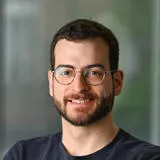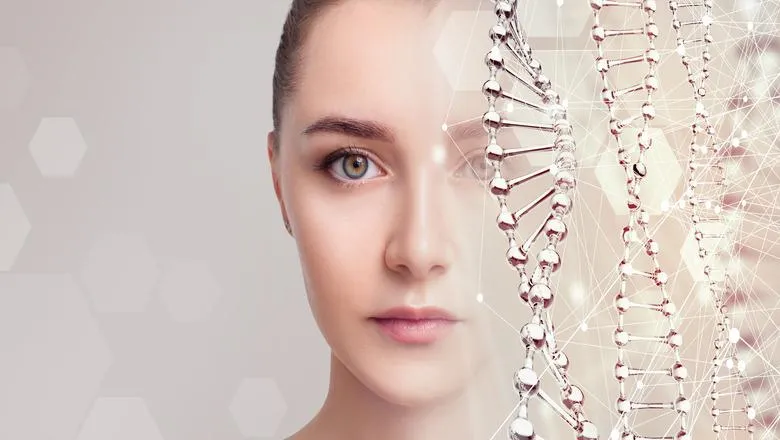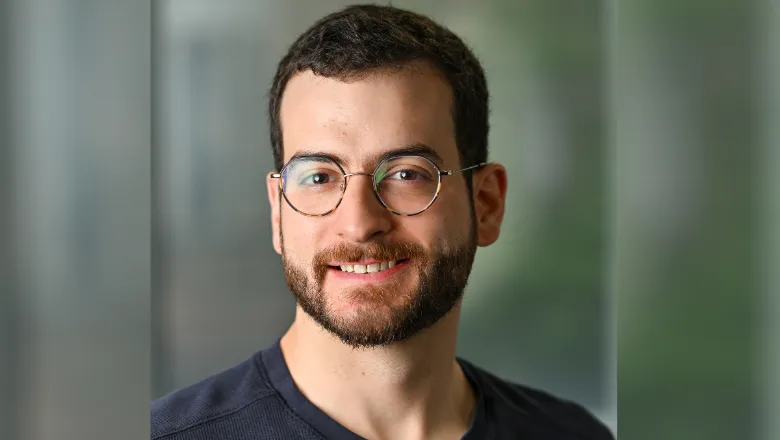
Luis F. Guerra
Postdoctoral Research Associate
Research interests
- Chemistry
Biography
Dr Luis F. Guerra is a Postdoctoral Research Associate in the lab of Dr Manuel Müller in the Department of Chemistry, King’s College London.
He completed his undergraduate studies in 2012 at the California Institute of Technology with a focus on biophysics and spectroscopy. He then received his PhD in Chemistry in 2019 at Princeton University under the joint supervision of Prof. Tom W. Muir and Prof. Haw Yang and with funding provided by a Graduate Research Fellowship from the National Science Foundation. His doctoral research focused on the development of novel instrumentation and theoretical frameworks for the analysis and manipulation of single, freely-diffusing nanoparticles.
Now in the Müller lab at KCL, Luis uses chemical biology, biochemistry, and advanced analytical tools to investigate the regulation of proteins by post-translational modifications.
Research interests
- Solid-phase peptide synthesis
- Protein semi-synthesis
- Post-translational modifications
- Protein biochemistry
Luis is currently investigating how isoaspartate formation in histone H4 modulates the deposition of nearby post-translational modifications. He is also exploring the “phospho-code” of the tumour suppressor protein p53, specifically how different combinations of phosphorylated residues in the N-terminal domain of p53 may lead to different biochemical outcomes.
More information
News
Most complex model of molecular 'wear-and-tear' to date shines light on how proteins age
The work could help produce more effective future anti-aging treatments.

King's chemist awarded prestigious fellowship to study cancer causing protein
The two-year Marie Skłodowska-Curie Actions Postdoctoral Fellowship could fund treatments for an ‘undruggable class’ of protein.

News
Most complex model of molecular 'wear-and-tear' to date shines light on how proteins age
The work could help produce more effective future anti-aging treatments.

King's chemist awarded prestigious fellowship to study cancer causing protein
The two-year Marie Skłodowska-Curie Actions Postdoctoral Fellowship could fund treatments for an ‘undruggable class’ of protein.

